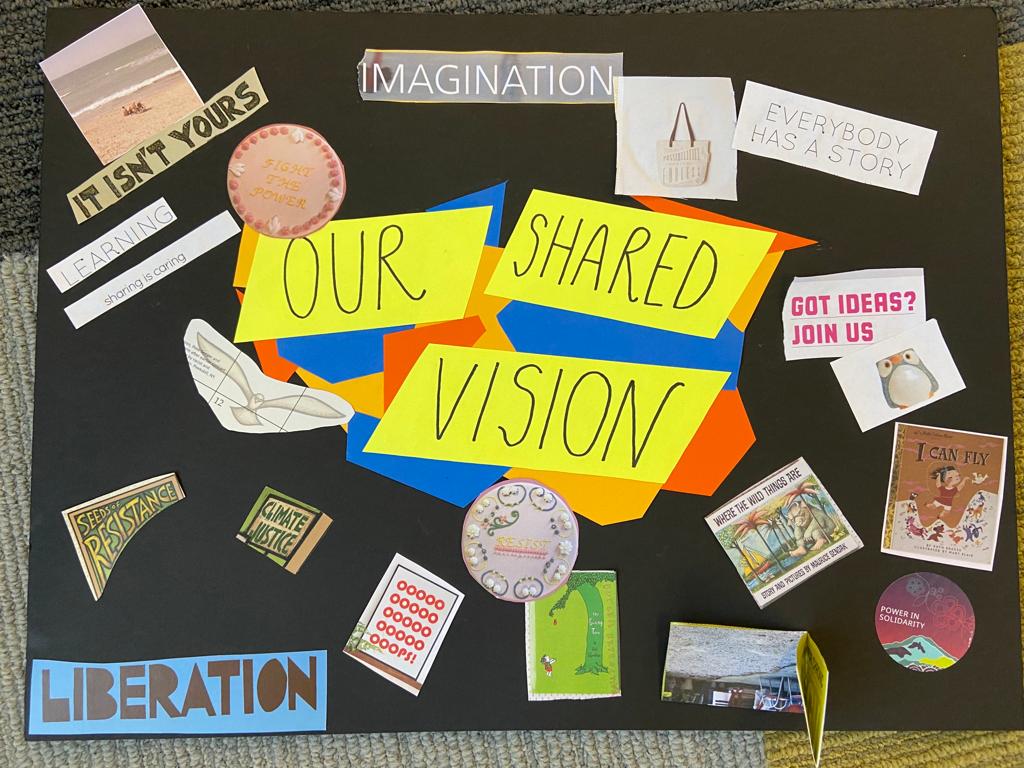Mission & Values
Actively working to transform existing power dynamics within philanthropy to move decision-making authority to communities being served


We believe that when grantmaking processes are designed and owned by communities themselves, philanthropy will be more effective, democratic, and just.
The Participatory Grantmakers Community is a global collective of individuals and organizations interested in sharing knowledge and practice to improve participatory grantmaking and encourage its use within philanthropy.
We support each other through peer-to-peer learning, resource sharing, and advocacy:

We believe in self-determination
The concept of self-determination is critical to grantmaking decisions; grants and grant strategies should be determined by the communities served. Self-determination means that people have the right and responsibility to make choices and decisions about their own lives.
We are rooted in values of anti-oppression and equity
Within our community, we are committed to challenging stigma and discrimination including anti-Blackness, racism, classism, sexism, homophobia, transphobia, and ableism. We are attentive to histories of colonization, imperialism, violence, and capitalism and a culture of taking and hoarding which has shaped how institutional philanthropy has arrived at where it is today. Our work aims to honor a human rights approach to global issues, and be inclusive of the rights of all people¹.


We value accountability and transparency
We honor and own our mistakes, and value critical feedback. While we are steadfast in our commitment, we know that mistakes, and the process of openly and transparently learning and growing from them, are an inherent part of the work. We recognize that race, equity, access, diversity, and inclusion efforts are evolving and that they require us to learn, adapt, and innovate. The process is the point. We value accountability. We understand that we are not alone in our journey as a community and that circles of feedback and accountability enhance our work, relationships, and trust. We practice “calling in open_in_new” each other and aim to actively receive and share constructive critical feedback with our peers, within and outside our community, and to incorporate what we learn, with care, openness and humility.
We move with care, love, and joy
We are engaged in deep, often difficult work where tension is inevitable. In order to thrive in this work, we take time to support each other and celebrate our work. We make time for check-ins, compensate people fairly for their time, and work to create a space of collective care for our communities.
